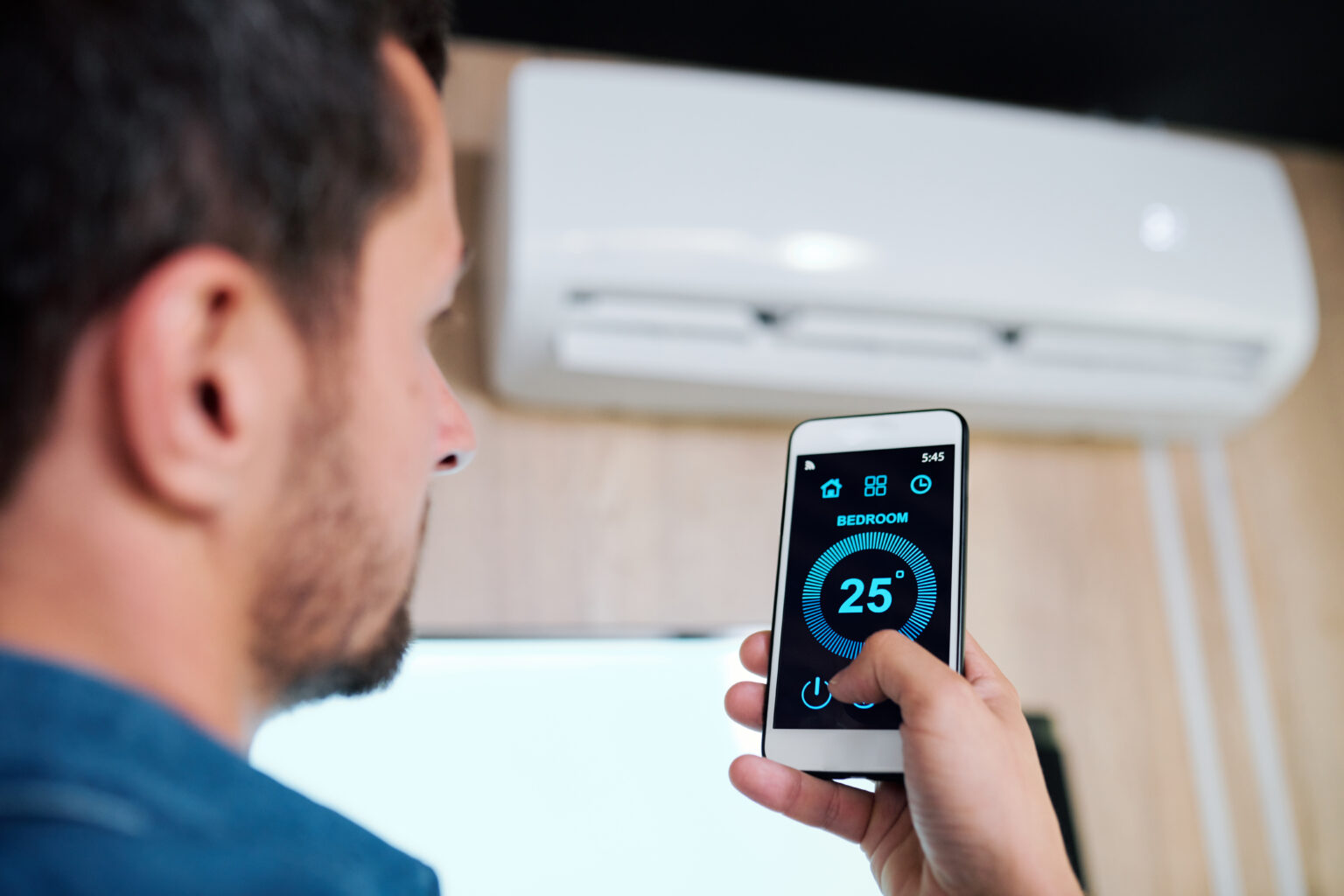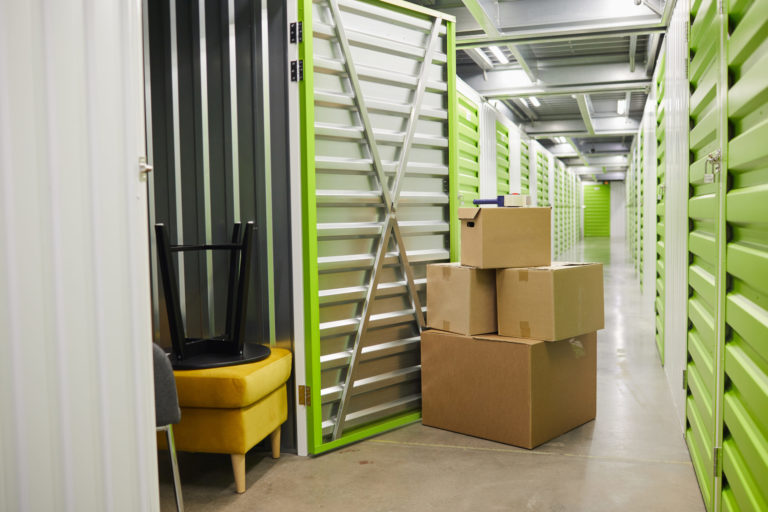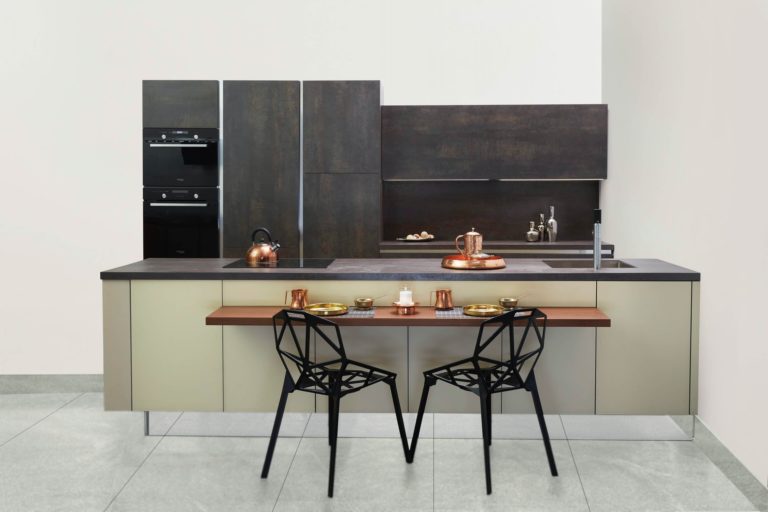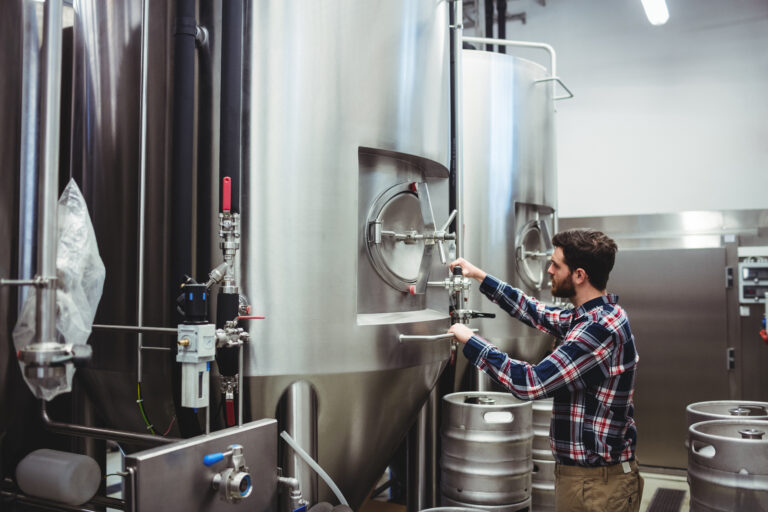Choosing the right cooling system for your home is a significant decision, as it affects both your family’s comfort and your monthly utility costs. Two popular options are heat pumps and traditional air conditioning systems. While they both provide year-round cooling, there are some important differences between them. In this article, we’ll explore these differences, including their benefits and drawbacks, to help you make an informed decision.
Understanding How Heat Pumps Work
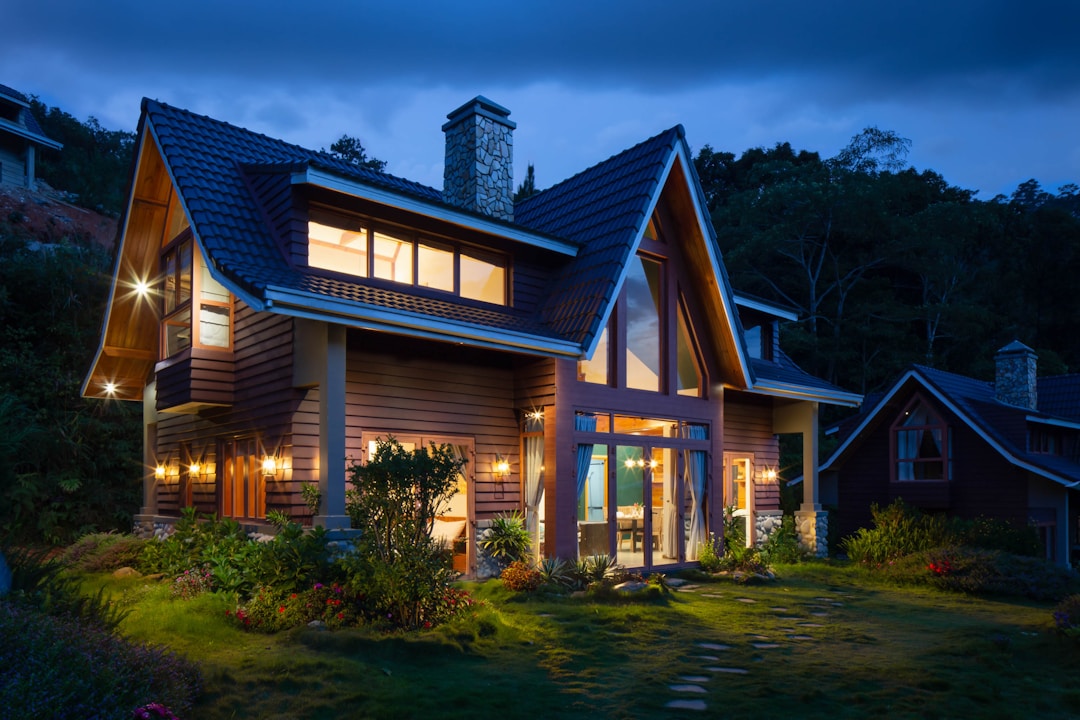
Heat pumps are versatile systems that can both heat and cool your home. They operate by transferring heat from one area to another, rather than generating heat like a furnace. During hot summer months, heat pumps extract heat from the indoors and transfer it outside, effectively cooling your home. When temperatures drop in the winter, the process reverses, drawing heat from the outdoor air and moving it inside to keep your home warm.
One advantage of choosing a heat pump for your home is that they are eco-friendly, resulting in lower greenhouse gas emissions compared to traditional heating and cooling systems. They are also versatile, designed for various climates, and compatible with other energy-saving technologies. A reputable company like Super Service Cooling & Heating can determine if a heat pump system is right for your home. They can also recommend the right HVAC system for your home generally and assist with maintenance, including annual inspections and filter changes.
Heat pumps are an energy-efficient option because they use electricity to transfer heat rather than generate it. While a heat pump may require more electricity to function than a traditional air conditioner, the energy consumption is still lower due to its dual-purpose capability. Many homeowners enjoy the convenience and cost savings associated with using one system for both heating and cooling needs.
Traditional Air Conditioners: The Tried and True Approach
Traditional air conditioning systems consist of two main components: an indoor evaporator coil and an outdoor condensing unit. The evaporator coil absorbs heat from your home, while the outdoor condensing unit disperses this heat into the surrounding environment. Traditional air conditioners rely on refrigerants to help transfer heat. Although traditional air conditioners may have a lower upfront cost than heat pumps, they typically operate with less energy efficiency, which can result in higher energy bills over time.
However, homeowners in areas with milder winter temperatures may find that an air conditioner is more than adequate for their cooling needs. In addition, traditional air conditioners are a reliable cooling solution that has been proven over time, giving many people confidence in their performance. Maintenance and repairs for traditional air conditioning systems can also be relatively straightforward, as many HVAC professionals are well-versed in these systems. While heat pumps can offer impressive efficiency and versatility, some homeowners may still prefer sticking with the traditional air conditioning systems they know and trust.
Comparing Energy Efficiency and Costs

When it comes to energy efficiency, heat pumps generally outperform traditional air conditioners. A high-efficiency heat pump can use up to 50 percent less electricity compared to a conventional air conditioner to provide a given amount of cooling. However, heat pumps are generally more expensive to purchase and install than traditional air conditioners, making the upfront investment a consideration for homeowners. It can even elevate the value of your home since home buyers are more interested than ever in eco-friendly features.
For those who prioritize eco-friendliness and long-term energy savings, a heat pump may be the more appealing option. On the other hand, homeowners focused on upfront costs and familiarity with traditional air conditioners may be more comfortable opting for a conventional cooling system. Creating a household budget can be beneficial when evaluating costs. It’s also necessary to consider the climate of your region when determining which system is more cost-effective.
As you can see, the decision between a heat pump and a traditional air conditioner largely depends on your home’s climate, comfort needs, and budgetary considerations. By understanding the differences between these two systems and reviewing your specific requirements, you can make the best choice for your home and family. If you stick to the advice in this article, then you’ll be able to find the right system for your needs and enjoy it for years to come.

